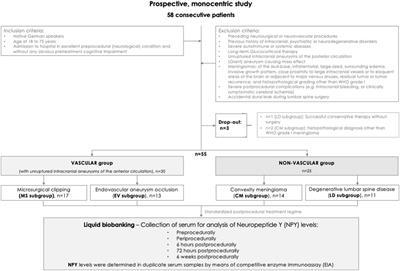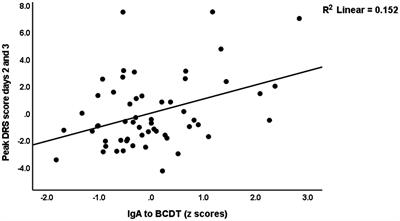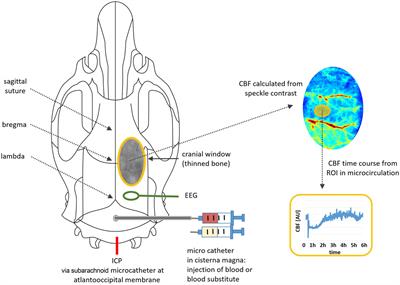ORIGINAL RESEARCH
Published on 14 Feb 2024
Both coiling and clipping induce the time-dependent release of endogenous neuropeptide Y into serum

doi 10.3389/fneur.2023.1325950
- 834 views
4,180
Total downloads
17k
Total views and downloads
Select the journal/section where you want your idea to be submitted:
ORIGINAL RESEARCH
Published on 14 Feb 2024

ORIGINAL RESEARCH
Published on 06 Feb 2024

MINI REVIEW
Published on 19 Oct 2023
ORIGINAL RESEARCH
Published on 12 Jul 2023

REVIEW
Published on 23 Sep 2022


Frontiers in Neurology